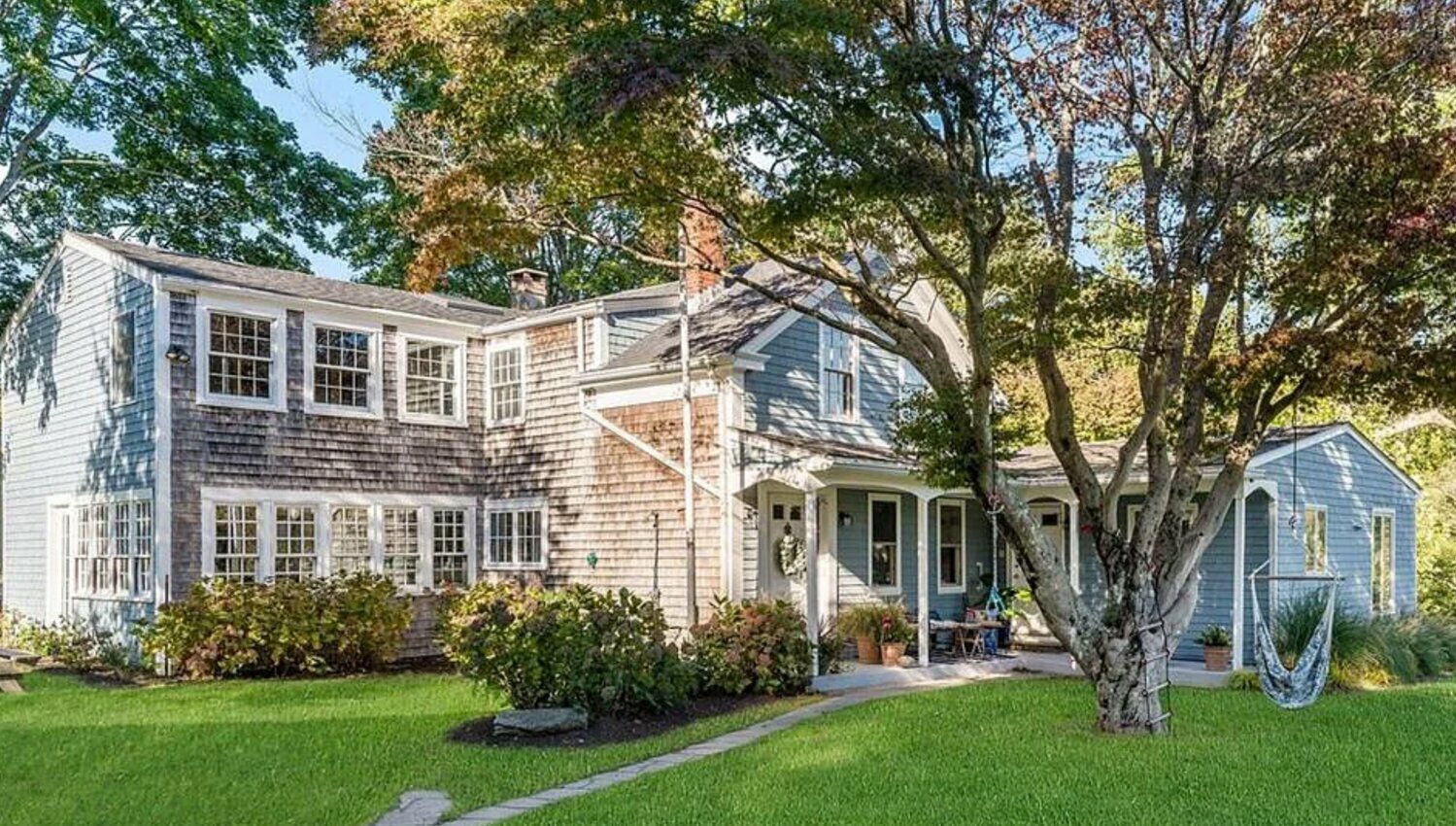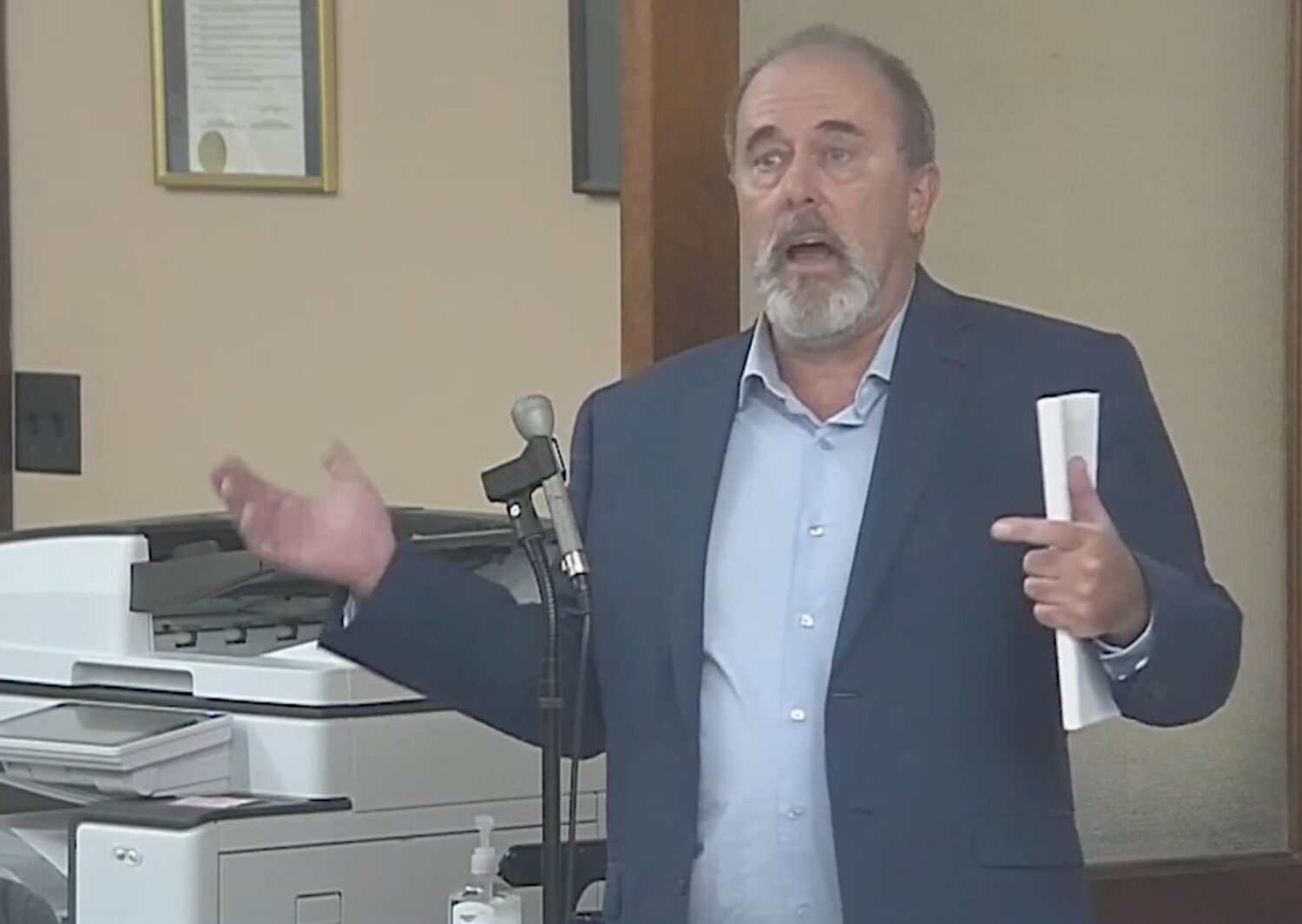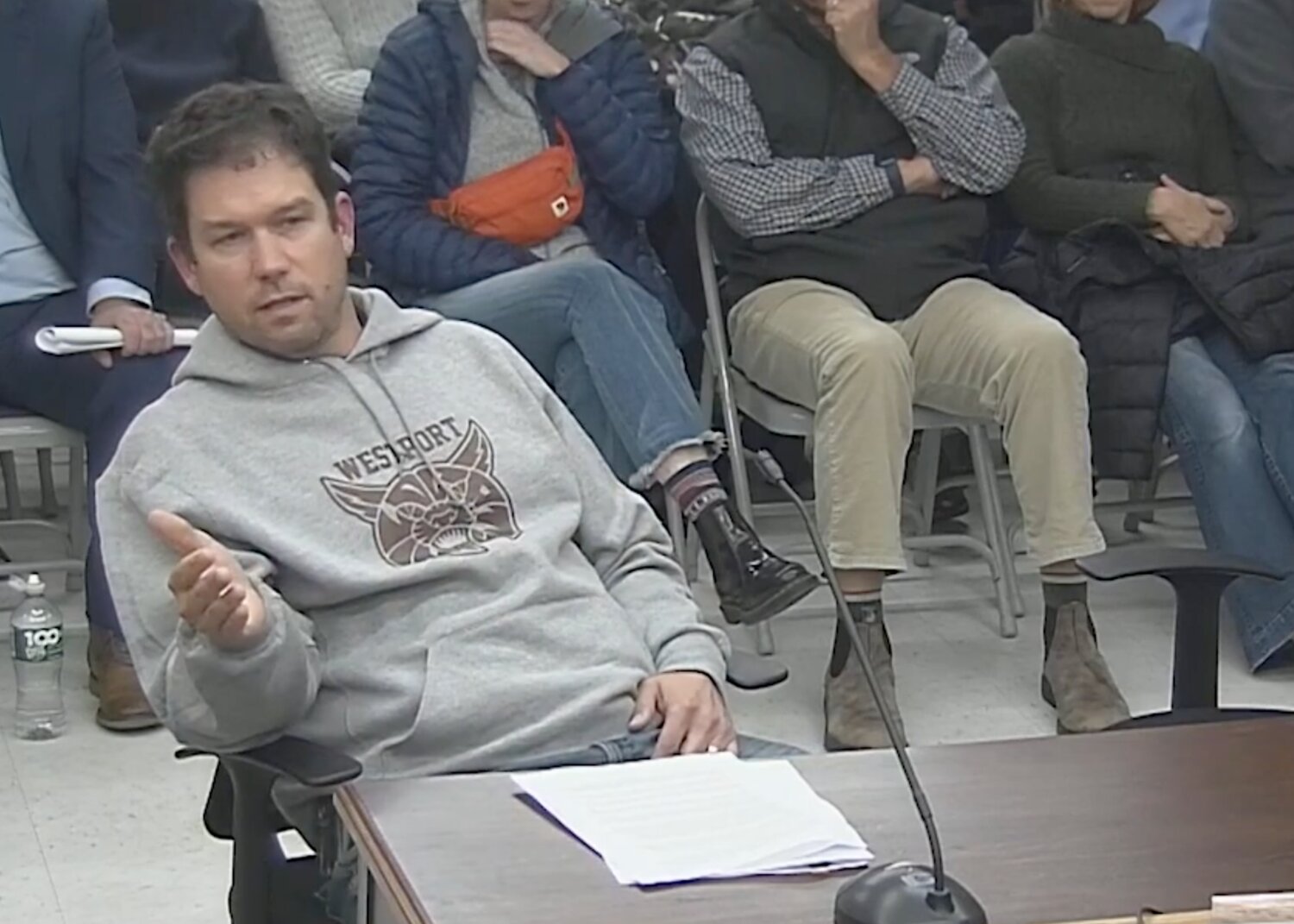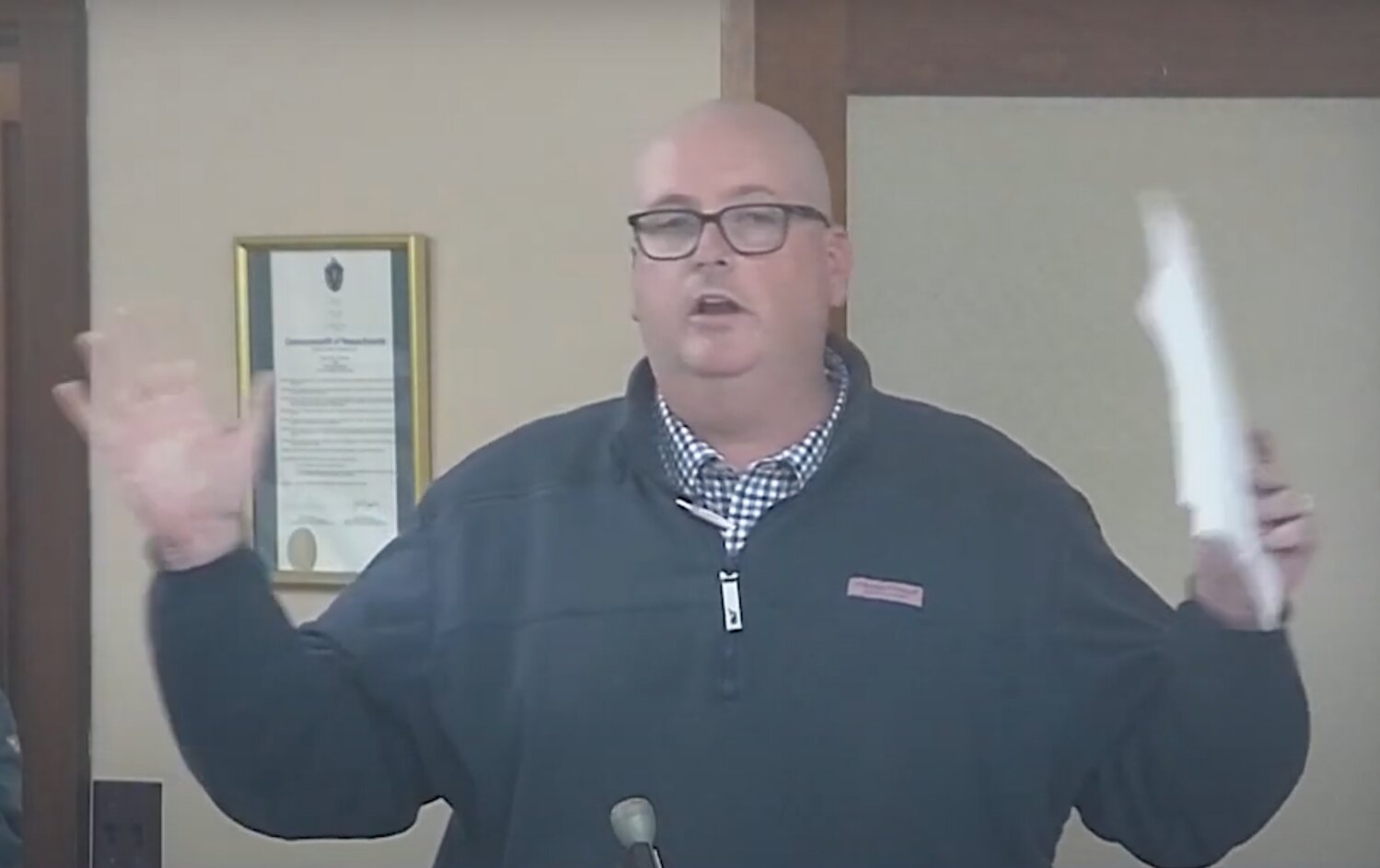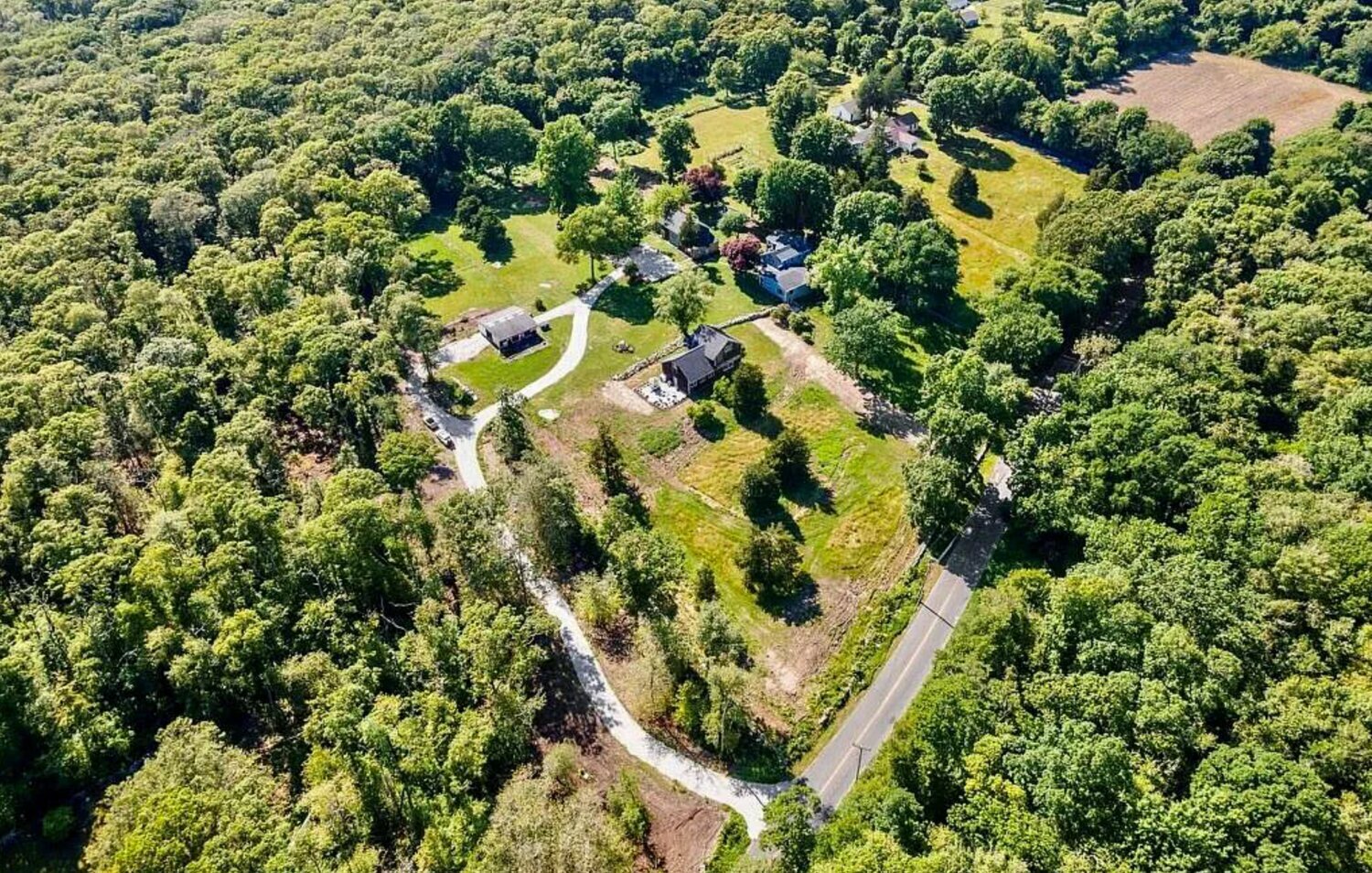Nearby residents question live-in Westport school plan
Several say plan is wrong for neighborhood, and shouldn’t be allowed without zoning variances
What makes a school a school? The question lies at the heart of a sometimes testy two-hour zoning board hearing Wednesday called as Westport officials begin their consideration of a plan to build a …
This item is available in full to subscribers.
Please log in to continue |
Register to post eventsIf you'd like to post an event to our calendar, you can create a free account by clicking here. Note that free accounts do not have access to our subscriber-only content. |
Day pass subscribers
Are you a day pass subscriber who needs to log in? Click here to continue.
Nearby residents question live-in Westport school plan
Several say plan is wrong for neighborhood, and shouldn’t be allowed without zoning variances
What makes a school a school? The question lies at the heart of a sometimes testy two-hour zoning board hearing Wednesday called as Westport officials begin their consideration of a plan to build a private, for-profit live-in educational facility for teens along a quiet stretch of road on the Westport/Little Compton town line.
In September, Ken Weber, an East Falmouth businessman, appeared with his attorney before the Westport Planning Board to ask board members’ informal thoughts on the new venture, which would be built on 10.7 acres of residential/agricultural zoned land at 435 Old Harbor Road. The land, which juts slightly into Little Compton, is owned by Charles G. Merrow, who owns approximately 30 acres in the Acoaxet section of Westport. Weber is a potential purchaser.
The plan is to house up to 12 teens age 13 to 17 on the property, giving them six hours or more of educational instruction Monday through Friday, several hours per day on the weekends, and counseling and other services for their issues — behavioral problems and addictions to drugs or alcohol. The school would be staffed around the clock, and insurance would cover the estimated $50,000 per month cost per teen.
There would be no new construction — teens would board in the main house, and would be instructed in an accessory building referred to as the ‘library.’ They would also work in vegetable gardens and with small livestock — chickens, mostly.
At the September meeting, Burke cited a recent letter to the planning board written by zoning enforcement officer Ralph Souza, who in it determined that since educational uses are allowed in that zoning district, a school would be allowed by right as long as the development goes through site plan review by the planning board.
Nearby resident appeals
But is the development good for the neighborhood, and is the school truly allowed by right? Kevin Brayton McGoff, who lives at 233 Old Harbor Road but is not a direct abutter to the property, said Wednesday that he doesn’t think so.
After reading about the September meeting in the local paper, McGoff filed an appeal of Souza’s determination that a school complies with zoning regulations, questioning whether Souza was correct in his interpretation of the town’s by-laws.
“Let’s call a spade a spade,” McGoff said. “At the end of the day, Mr. Weber’s business is in fact a substance use disorder treatment center.”
“I don’t think this business falls into” the educational category allowed by right. Instead, he said, the project should be subject to zoning board review as a non-conforming use, and Weber could seek any variances he needs to develop the project — including, he said, a stipulation in zoning that he said bars more than four people from being boarded at any one time.
But Mr. McGoff’s appeal came with issues that nearly ended the hearing almost as soon as it began. First, town counsel Jeffrey Blake said, McGoff is not an abutter or an abutter to an abutter, and thus cannot appeal unless certain criteria that he isn’t satisfied have been met, are. Second, he said the appeal is premature, as appealing a determination by the zoning enforcement officer isn’t the correct procedural path:
The matter at hand Wednesday “has nothing to do with if it’s a school,” board chairman Roger Menard added. “It’s, ‘Is (Souza’s) letter incorrect? That’s all we can vote on because that’s all” the appeal questions.
Early on, board members considered dismissing the appeal without public comment. However, they relented and in the end, continued the issue until early December, which McGoff said will be plenty of time for him to add abutters to the appeal.
Residents speak out
By then, nearby residents had talked for two hours on why the project is good, or bad, for Westport. There were no shortage of opinions.
Several theorized that Weber and Burke were, as McGoff suggested, “using (Souza’s) letter as an acknowledgement from the town” that the project is good to go following planning board site plan review.
“Fundamentally, we’re here because the buyer, Mr. Weber, doesn’t want to come before you ... and ask for a variance,” McGoff said. “At the end of the day that’s what he needs, but he wants their proposed business to be (allowed) by right. Sometimes it’s better to ask for forgiveness than ask for permission.”
“It’s a halfway house,” added 468 Old Harbor Road resident Matthew Forbes.
“It’s for drug-addicted kids. At what point is education the deal? it’s not the primary focus; it’s secondary for sure.”
Imagine, he said, that “I’m going to put a toxic waste dump in the back. It’s gonna be awesome. But what I’m gonna do is I’m gonna have some kids be there for six hours, and I’m gonna teach them all about toxic waste. It’s education — it’s cool.”
Though he clarified later that he only used the toxic waste dump analogy because it was a ‘ridiculous” illustration of his point, his comments offended Weber, who had not spoken to that point, and an Old Harbor Road resident who abuts the proposed school.
“I have to say that hearing your comments really hurts,” said Rose White of 415 Old Harbor Road, who has two teenage children. “I just hope that you don’t have a kid that ever has those kinds of needs.”
“I’m not going to stand here and have people equate adolescent children who need help to toxic waste,” added Weber.
At its heart, he said, the plan is to offer a safe, structured place for kids who need help, and will be a good thing for Westport.
“The students would be people that are referred either from their schools or their physician,” and who have been “diagnosed with some sort of mental illness,” he said.
“It could be anxiety, depression, some will have substance use disorders — vaping, marijuana, alcohol.”
Most would stay no more than 60 days, he said, and nine staff members would be onsite taking shifts to cover the full 24 hours of every day. And most importantly, the enterprise would most definitely be considered a school, he said.
“Staff would be licensed teachers and licensed therapists for the students that need either mental health or substance use counseling. They’re mandatory education age; they have to be in school, and they will get no less than six hours a day.”
Several residents asked whether the kids who will attend will be screened beforehand, and Burke and Weber were quick to rebut one who speculated that they will undergo detoxification on the site.
“One of the criteria is that there has to be a determination made that they’re not going to be harming themselves or others,” Burke said. “This is not a locked ward or something; everyone who goes into the program does so voluntarily. (Education) is what we believe we’re doing. Hopefully you can understand that this is a program that does a lot of good for the young people that need it.”
“Are they allowed to leave the grounds whenever they want?” asked board member Constance Gee.
“No, they’re not,” Weber replied.
Merrow, who owns the land and plans to build a home next door, said he was upset to hear some of his neighbors badmouth the plan without knowing all the facts. In his dealings with Burke and Weber, he said, they have been caring and thoughtful, and aren’t trying to squeeze in a project that doesn’t fit.
“Every one of you guys who is critical of the idea ... should take the time to reach out to Ken Weber and ask him questions before you come around yelling and screaming about what you think might happen. Because you’re not right. It’s not a rehab facility. It’s going to be determined whether it can exist ... but it shouldn’t face ignorant criticism and rejection because you’re not informed.”
Meeting in November?
At the close of the meeting, board members voted unanimously to continue McGoff’s appeal to Wednesday, Dec. 6. The timing of the meeting may have some bearing on whether the planning board hearing scheduled for Tuesday, Nov. 28 will be held. But there was no determination made Monday on whether it will be held as scheduled, or pushed off until after the zoning board’s next meeting on the appeal.

